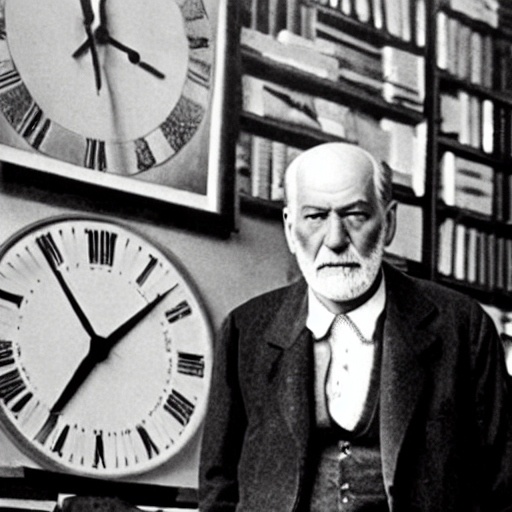Why Sigmund Freud Hates Surrealism
Sigmund Freud, the founding father of psychoanalysis, is often seen as the antithesis of surrealism, the avant-garde art movement that emerged in the 1920s. While Freud’s ideas have been hugely influential in psychology, they have been much less popular with those who have embraced surrealism. To understand why Freud is so hostile to surrealism, it is important to look at the core tenets of both theories.
Freud’s psychoanalysis is rooted in the idea that the unconscious mind is the driving force behind human behavior. He believed that unconscious impulses and desires are repressed and can only be revealed through the use of free association and dream analysis. Freud was a firm believer in the power of reason and scientific method, and he rejected any notion of the irrational or illogical.
In contrast, surrealism rejects rationality and embraces the irrational. The movement seeks to liberate the creative potential of the unconscious mind and to explore the power of dreams and fantasies. Surrealism celebrates the irrational and the chaotic, and it seeks to explore new and different ways of perceiving the world.

Freud’s rejection of surrealism is rooted in his belief that the unconscious mind is a dangerous force that must be controlled and repressed. He argued that the irrational and chaotic nature of surrealism would only serve to unleash dark and destructive forces that could not be controlled. Freud believed that the surrealist quest for freedom and liberation could only lead to chaos and destruction.
Another reason why Freud rejected surrealism is his insistence on the power of reason and logic. Freud argued that the surrealist rejection of rationality was irresponsible and dangerous, as it could lead to the abandonment of personal responsibility, a loss of control and a descent into chaos.
Finally, Freud was hostile to surrealism because of its embrace of the strange and the peculiar. Freud’s psychoanalytic theories are founded on the idea that there is an objective reality that can be discovered and understood through the use of reason and logic. In contrast, surrealism is based on the notion that reality is an unreliable and ever-shifting construct that can never be fully understood.



